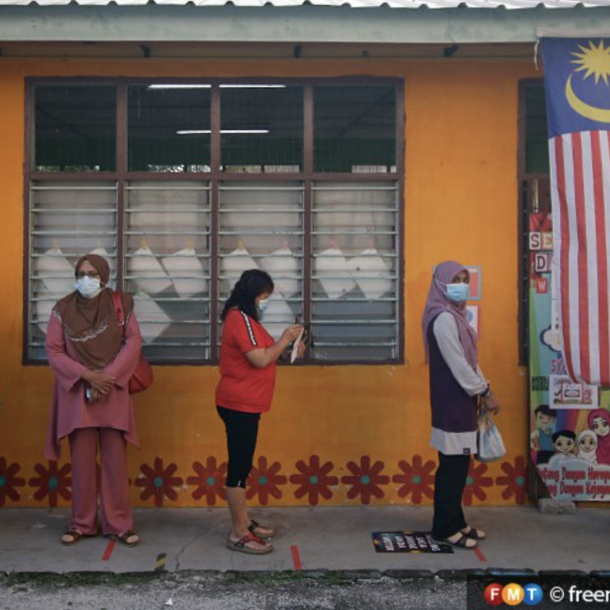
Prime Minister Muhyiddin Yassin, who called for Asean to take a tougher stance against hate speech, including those based on gender and sexual orientation, should start within his own administration, said rights groups today.
While some in the government have called for new laws or tougher enforcement against vulnerable minorities, the groups working for freedom of expression and women’s rights said there should be more protection against hate speech by state actors.
At the Asean Digital Ministers’ Meeting held online today, Muhyiddin said the group of nations should consider stronger legislation to compel digital platforms to take action against hate speech based on race, gender, religion, sexual orientation, disability, or nationality.
Digital rights activist Jac SM Kee, however, said most online platforms already have policies and measures to regulate hate speech, often times more stringent than those practiced by Asean governments.
Kee told Malaysiakini that having legal protections in place could prevent state actors, most recently a deputy minister, from instigating hate by suggesting “Act 355 needs to have stronger punishment against LGBTQ or instigating the public to skodeng (snoop) on people and report to the authorities.”
She was referring to Deputy Minister in the Prime Minister’s Department (Religious Affairs) Ahmad Marzuk Shaary’s reported statement that the government is mulling amendments to the Syariah Courts (Criminal Jurisdiction) Act 1965 or Act 355.
Marzuk reportedly said the current sentence under the act, which provides for three-year imprisonment, a fine of RM5,000, and six strokes of the cane, was seen as not having much of an effect.
He also urged the public to look out for such acts and report them to the religious authorities.
Also taking aim at Marzuks’s statements was Malaysian Bar president Salim Bashir, who reminded that the LGBT community also deserves equal protection of the law under Article 8(1) of the Federal Constitution, as well as various international human rights instruments.
“Meting out harsher punishments through legislative amendments is not a solution and this may result in heightened discrimination towards the LGBT community…
“The Malaysian Bar urges the deputy minister to get his priorities in order, especially during these difficult times brought about by the Covid-19 pandemic.
“He ought to be devising plans and strategies on how to improve the lives of the public through his ministry and to alleviate the burden of the rakyat. He should refrain from making remarks that are reckless and not conducive to the well-being of our nation during the pandemic,” Salim said in a statement.
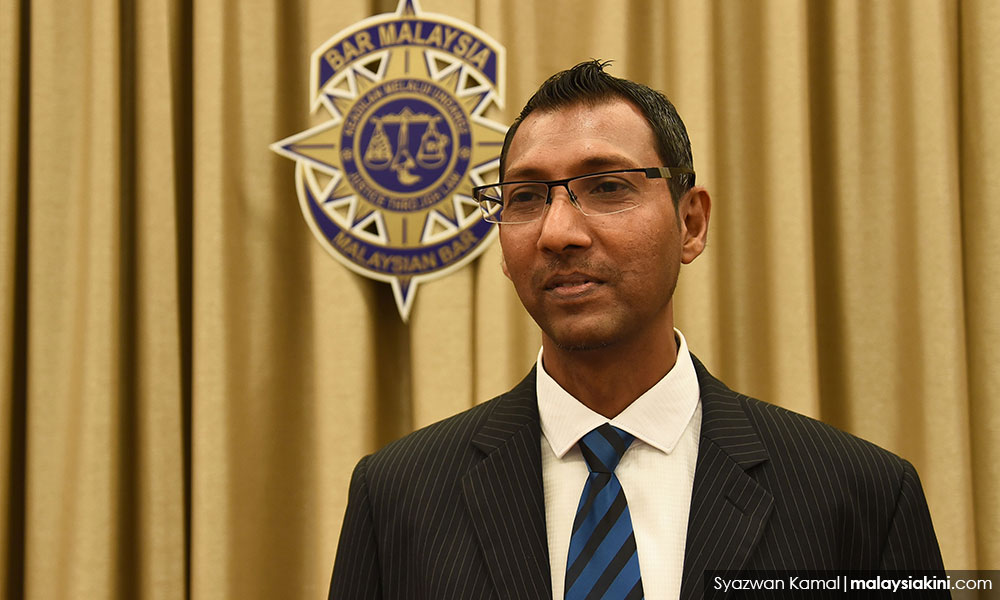
Center for Independent Journalism (CIJ) executive director Wathshlah G Naidu said Marzuk’s remarks were an example of a state actor being complicit in inciting attacks and hate-based speech towards the LGBTQ community or other vulnerable groups.
Aside from Marzuk, Wathshlah said another example was the Selangor Islamic Religious Department (Jais)’ move to charge transgender entrepreneur Nur Sajat with the offence of cross-dressing at a religious event.
“Measures to counter hate speech must take into account not only the root causes but also the drivers and actors of hate speech,” she said.
Women’s rights group Sisters in Islam (SIS) said while Muhyiddin’s call against hate speech appeared to be progressive, it was a direct contradiction to Marzuk’s sentiments against the LGBTQ community.
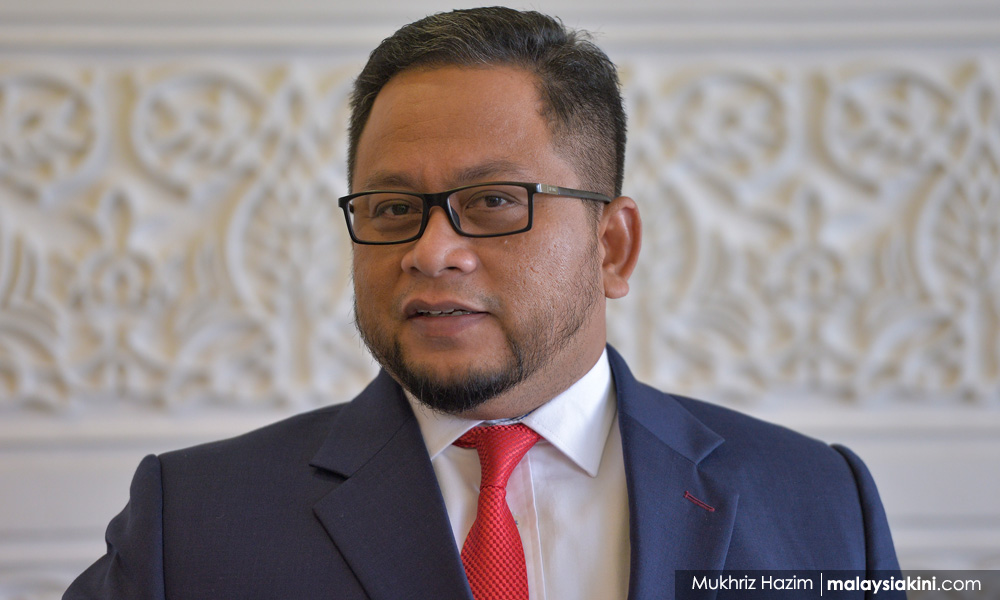
SIS also reiterated its objections against the proposed amendments to Act 355, arguing that the higher penalties are not only discriminatory but also increases the vulnerability of minority groups in an intolerant society.
“Harsh punishments carried out in Islam’s name would result in Islam being known as a religion that is punitive and uncompassionate,” they added.
All Women’s Action Society (Awam) programme and operations manager, Nisha Sabanayagam, echoed SIS’ views that Marzuk’s comments would have a damaging effect of encouraging intolerance and fueling more hate speech.
“This would then contradict directly with the stance taken by our PM at the Asean meeting.
“On an international level, Malaysia’s image suffers not only as a country that is not inclusive but one with openly fragmented views from the government,” she said.
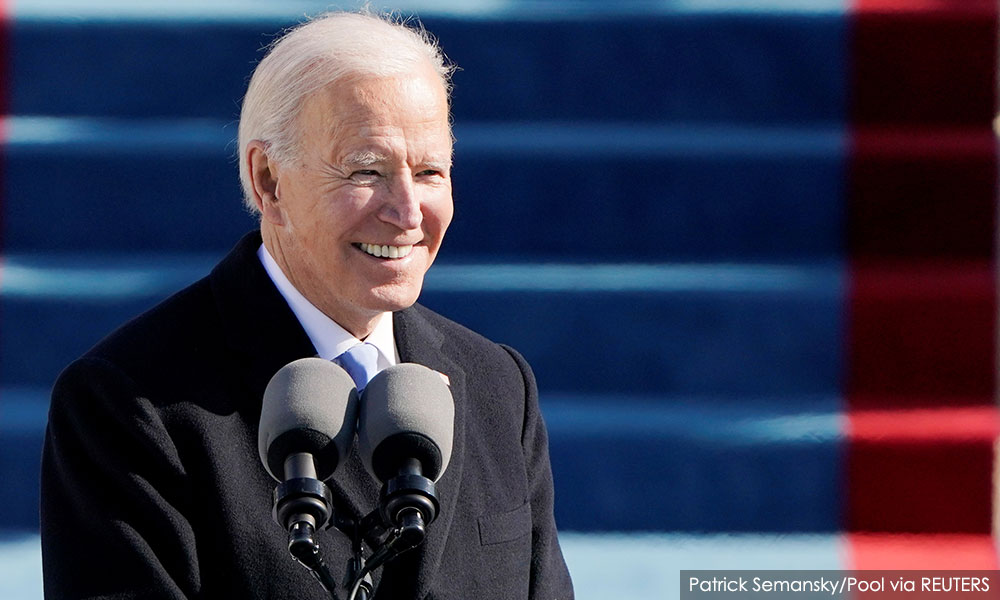
Beyond Asean, Nisha said Malaysia should look at recent developments in the US with newly inaugurated President Joe Biden’s move to grant federal employment nondiscrimination protections to LGBTQ people.
“Malaysia’s recent discriminative actions against the LGBTQ would stand out even more.
“We need to consider our actions within the context of the global political landscape, especially now, when we want to boost our economy and encourage more FDIs,” she told Malaysiakini.
Meanwhile, Women’s Aid Organisation (WAO) advocacy director Yu Ren Chung said Muhyiddin should prove Malaysia’s commitment by reviewing existing policies and practices to protect Malaysians against hate, violence, and discrimination.
He said there are still policies that discriminate against people on the basis of sexual orientation, gender identity, and expression.
“This in turn emboldens hate.
“At the same time, domestic law reform on workplace discrimination – on the basis of race, religion, gender, and disability status – have stalled,” he said when contacted.
Unclear definition of hate speech
Across the board, the groups said Muhyiddin in his speech at the first online Asean Digital Ministers Meeting today appears unclear on the definition of hate speech, particularly when dealing with gender-based attacks.
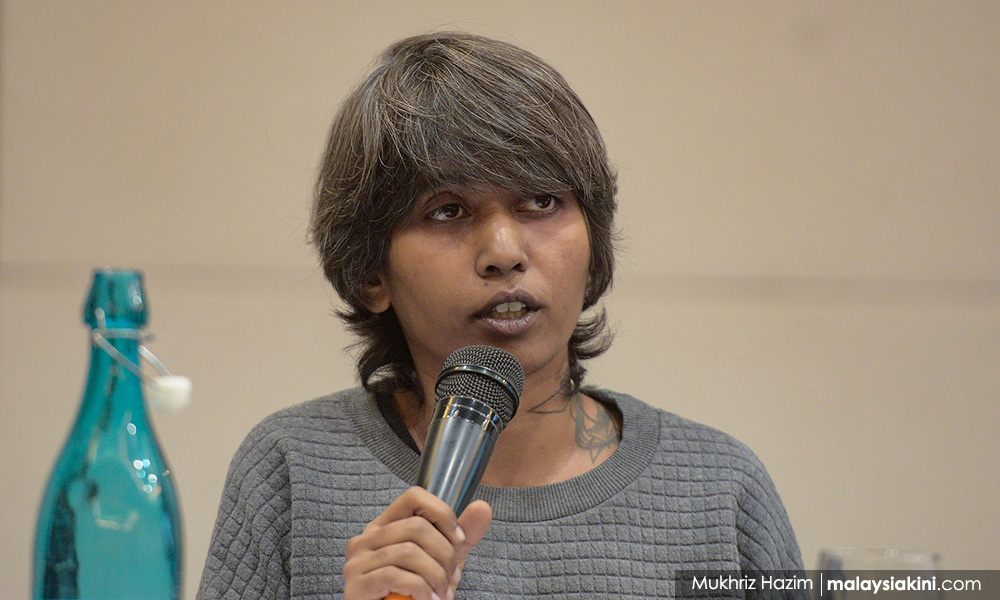 Justice for Sisters researcher Thilaga Sulathireh
Justice for Sisters researcher Thilaga SulathirehLGBTQ rights group Justice for Sisters researcher Thilaga Sulathireh said their monitoring of related cases have found a “warped understanding” of hate speech and actions against the community.
This includes those who adopted a “softer approach” to express anti-LGBTQ sentiments with the same view that they must be rehabilitated or corrected, said Thilaga.
“It is critical to understand that all of the approaches are not evidence-based and are in violation of our rights, especially to live with dignity, free from violence, and without interference of the state in our personal and private lives,” she stressed.
Previously, in response to the alleged mistreatment of Sajat while in Jais custody, Justice for Sisters said the state’s unreasonable reaction towards transgender women will contribute to the level of impunity in cases against them.
Source: Malaysiakini